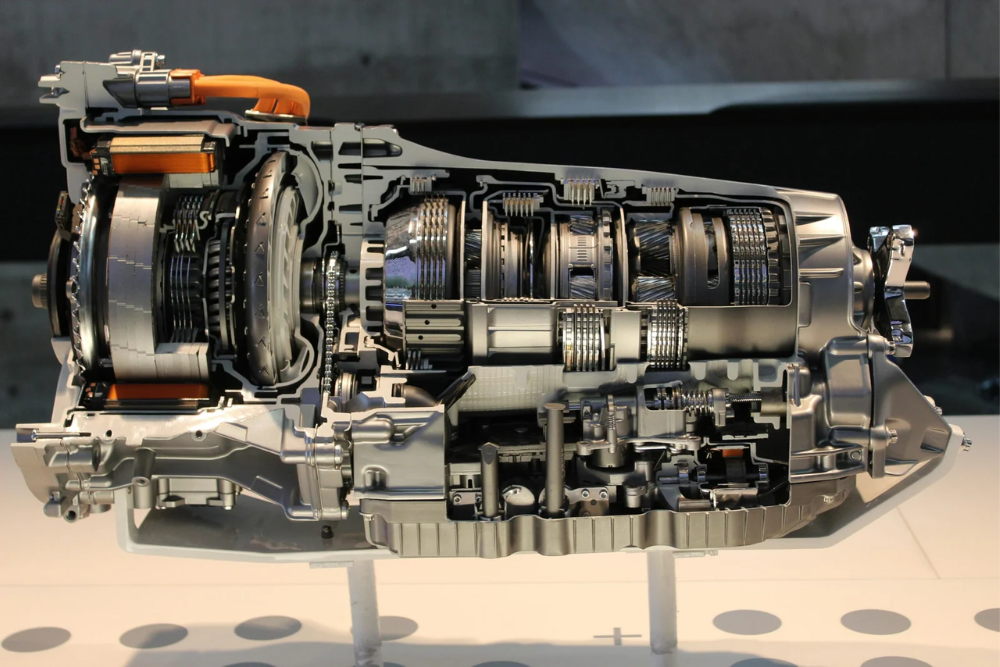In today’s automotive world, vehicles are more than just a means of transport—they are vital tools for businesses and individuals alike. Keeping them in optimal condition requires more than regular servicing; it requires the right vehicle spare parts. From critical mechanical components to smaller accessories, every part plays a role in ensuring that a vehicle operates safely, efficiently, and reliably. Properly sourced and high-quality spare parts can extend the life of a vehicle, reduce maintenance costs, and prevent unexpected breakdowns.
The Role of Vehicle Spare Parts in Vehicle Maintenance
Vehicle spare parts are the building blocks of any vehicle’s functionality. Each component, whether part of the engine, brakes, suspension, or electrical system, contributes to the vehicle’s overall performance. A single faulty component can lead to reduced efficiency, increased fuel consumption, or even a complete breakdown. For fleet operators, downtime can disrupt operations, cause delays, and lead to financial losses. High-quality spare parts ensure that vehicles run smoothly, provide safety to drivers and passengers, and maintain the operational reliability of any transportation system.
Types of Vehicle Spare Parts
The range of vehicle spare parts is vast, covering mechanical, electrical, and cosmetic components. Mechanical parts include engines, gearboxes, belts, and pumps, which form the heart of the vehicle’s operation. Brake system components such as pads, rotors, and calipers ensure safe stopping and prevent accidents. Suspension parts like shock absorbers, springs, and control arms improve ride comfort and stability. Electrical and electronic parts, including sensors, wiring, and ECUs, have become increasingly important in modern vehicles, ensuring proper functioning of advanced systems. Body and interior parts, such as mirrors, panels, and trims, maintain the vehicle’s appearance and contribute to its overall value. Understanding the type and purpose of each part is crucial when sourcing replacements.
OEM vs Aftermarket Vehicle Spare Parts
When selecting vehicle spare parts, one must consider whether to opt for OEM (Original Equipment Manufacturer) parts or aftermarket alternatives. OEM parts are produced by the vehicle’s manufacturer and guarantee exact compatibility and performance. They are often more expensive but provide peace of mind and consistent quality. Aftermarket parts, produced by third-party manufacturers, offer a more affordable option and sometimes even enhanced performance features. However, they require careful selection to ensure durability, compatibility, and safety. The choice between OEM and aftermarket depends on the vehicle type, usage, budget, and specific operational needs.
Factors to Consider When Choosing Vehicle Spare Parts
Selecting the right vehicle spare parts requires attention to several important factors. Compatibility with the vehicle’s make, model, and year is the first consideration to avoid installation issues and potential damage. Quality and durability are equally critical, as low-grade parts can fail quickly and lead to additional costs. Certification and warranty are important indicators of reliability and support. Sourcing from a trusted supplier ensures that the parts are genuine, reduces the risk of counterfeit components, and provides assurance for long-term performance. Correct labeling and documentation also play a role in maintaining efficient inventory management.
Benefits of Partnering with a Spare Parts Supplier
Managing the procurement of vehicle spare parts can be complex, especially for workshops, distributors, and fleet operators. Working with a dedicated supplier simplifies the process and provides numerous advantages. Access to a comprehensive inventory allows for quick sourcing of parts across multiple vehicle models. Expert guidance ensures accurate matching of parts, reducing errors and avoiding downtime. Efficient logistics enable timely delivery, which is crucial for maintaining vehicle uptime. A reliable supplier also guarantees quality assurance, minimizing the risk of faulty components. For large operations, scalable solutions and bulk procurement options can improve cost efficiency while maintaining consistent vehicle performance.
Trends in the Vehicle Spare Parts Industry
The automotive spare parts industry is continuously evolving, driven by technological advances and changing market demands. Digital platforms have transformed procurement by making it easier to search for, order, and track parts. Global sourcing has expanded availability, ensuring that parts can reach any market efficiently. Modern vehicles increasingly use modular components, allowing certain parts to be compatible across multiple models, which improves accessibility. The growing aftermarket sector highlights the importance of maintenance and replacement as vehicles age. Additionally, stringent quality control measures are being adopted to prevent counterfeit parts and protect vehicle performance. Staying informed about these trends helps businesses and vehicle owners make strategic purchasing decisions.
Best Practices for Procuring Vehicle Spare Parts
Efficient procurement of vehicle spare parts requires careful planning and adherence to best practices. Accurate recording of vehicle details, including make, model, engine type, and year, is essential. Using the correct part numbers reduces the chances of errors and ensures proper fit. Verifying supplier credibility and certifications guarantees quality and reliability. Maintaining stock for frequently needed parts prevents operational delays. Clear labeling, documentation, and inventory tracking enhance efficiency. Understanding warranty and return policies provides additional protection against defective or incompatible parts. Staying updated on new vehicle models and part updates ensures that procurement remains current and effective.
Conclusion
Vehicle spare parts are the backbone of reliable vehicle operation, safety, and performance. Using high-quality, compatible components reduces breakdowns, lowers repair costs, and ensures that vehicles continue to perform optimally. Whether for individual owners, workshops, or fleet operators, strategic sourcing of spare parts is critical for operational efficiency and longevity. By understanding the types of parts, considering quality, and partnering with trusted suppliers, vehicle owners can ensure their vehicles remain safe, efficient, and ready for the road.



